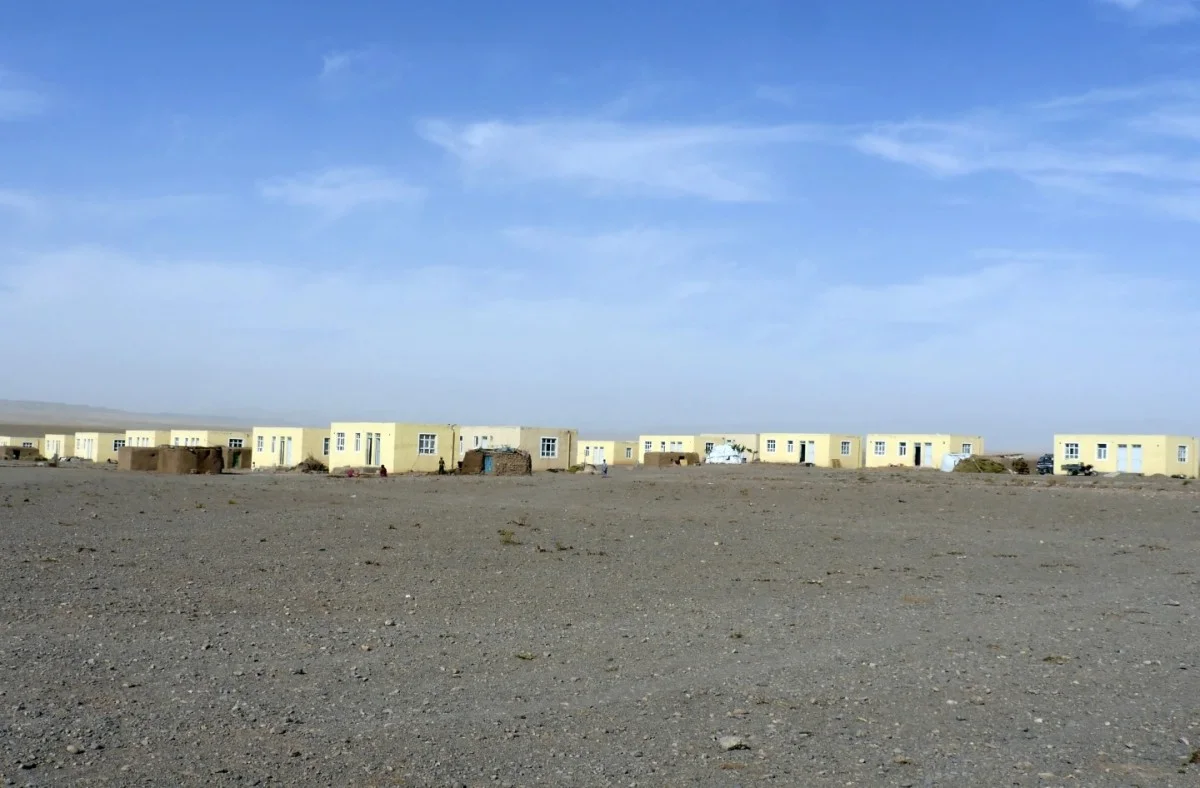06/10/2024
06/10/2024

New houses are seen is seen in Zinda Jan district, of Herat province, in western Afghanistan on Sept 28, following a 6.3 magnitude earthquake on Oct 7, 2023. (AP)
KABUL, Afghanistan, Oct 6, (AP): People had just seconds to flee their homes when the terrifying sound of earth cracking open reverberated across western Afghanistan’s Herat province.
Nobody knows for sure how many people died in a 6.3 magnitude earthquake on Oct 7, 2023, or in the strong aftershocks that followed. The Taliban government estimated that at least 4,000 perished. The UN gave a far lower figure of about 1,500. Survivors stopped counting, exhausted after digging through dirt to save their loved ones or bury them.
It was the deadliest natural disaster to strike Afghanistan in recent memory.
It was also another major challenge for the Taliban since they seized power in 2021, a test of their readiness to lead a country beset by economic hardship, isolation, devastation from decades of war, and vulnerability to shocks like earthquakes and climate change.
“At that time, the government really cooperated in transporting patients and the dead,” said Ismatullah Rahmani, from the quake’s epicenter in Zinda Jan district, where every home, usually built of mud and timber, was levelled. His brother and nephew were killed, and he spent hours trying to free his wife from under 1 1/2-meter (60 inches) of soil. She survived.
“They opened hospitals and provided water and food to people for free,” he told The Associated Press from his new home in Zinda Jan. He said the Taliban went to camps and helped survivors over several months, a blessing ahead of the harsh Herat winter.
“After that, our aid stopped,” said Rahmani.
Charities had stepped in to build housing for survivors. But the accommodation they built lacks walls so there is no privacy, while the poor design leaves them vulnerable to storms or heavy rainfall. Houses either have no bathrooms or the bathrooms don’t have a roof.
Rahmani’s village, Naib Rafi, still doesn’t have a health clinic or a school. Instead, children are learning in tents.
The government didn’t provide financial assistance, he said. Senior officials and Islamic scholars visited communities a few times, listened to people’s problems and left.
Ahmadullah Muttaqi, spokesman and member of the Herat Earthquake Commission, said authorities worked with charities and nongovernmental groups to provide shelter and medical assistance.


